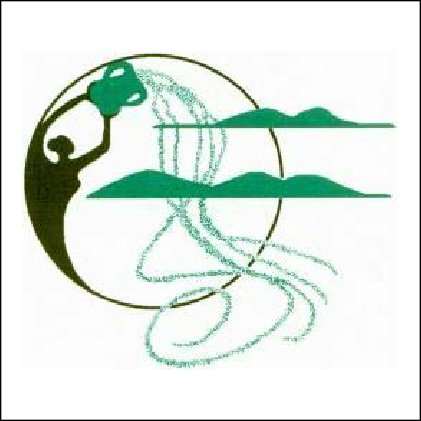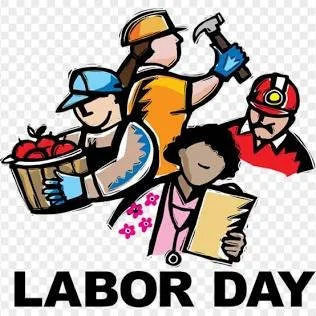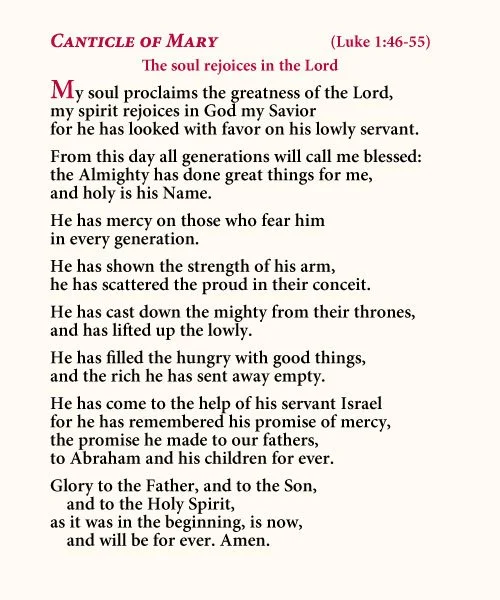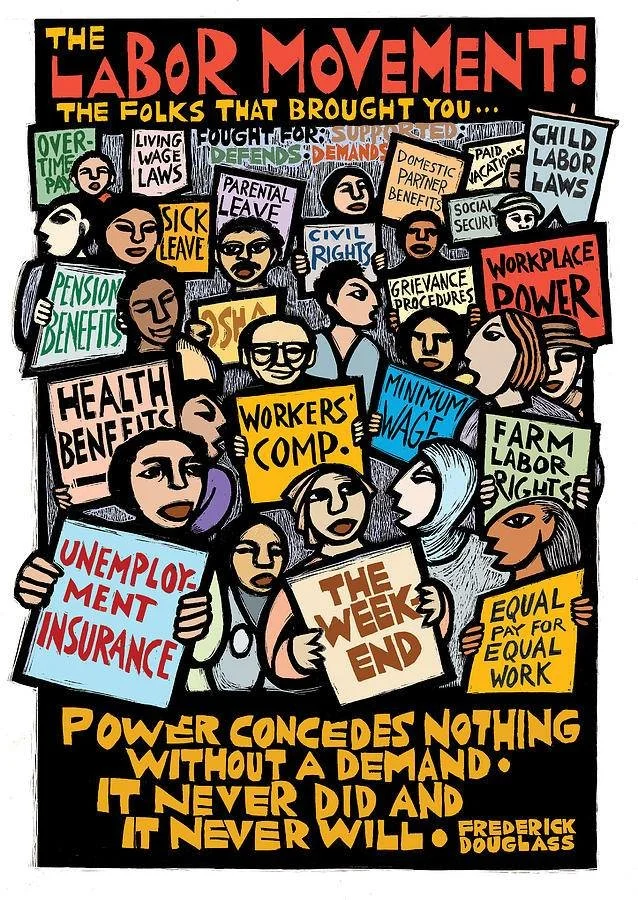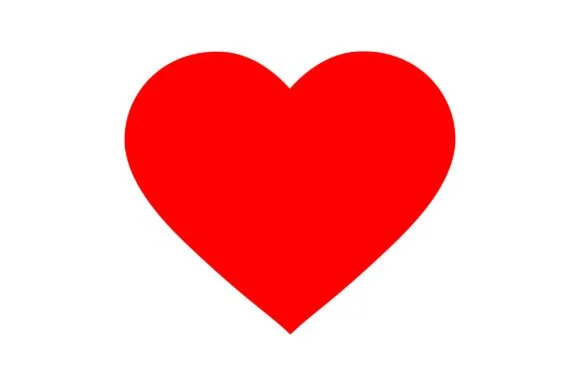A Meditation for Labor Day Weekend
I thought that for Labor Day we could focus on what the day means through the lens of the Canticle (or Song) of Mary, also called The Magnificat, from the Gospel of Luke 1:46-55 in the Christian Testament of the Bible.
In this segment of his gospel, Luke illustrates that the pregnant Mary spoke these words to her also pregnant cousin Elizabeth upon visiting her:
In preparation for my last post on Bella Abzug’s work as an environmentalist, I came across a C-Span video of the former Congresswoman’s funeral. Rabbi Sharon Kleinbaum officiated the service, which was at Riverside Memorial Chapel in New York City on April 2, 1998.
Although Bella Abzug’s funeral was 27 years ago, I think that Rabbi Kleinbaum’s words in her hesped (eulogy), which she offered to highlight this Jewish woman’s feminist actions, are appropriate to consider for this Labor Day:
“Remember,” Rabbi Kleinbaum said, “the Jewish obligation to fight for the disenfranchised—to give voice to the voiceless and speak truth to power.”
_____________________________
Many religions emphasize social justice. These traditions all share common themes of human dignity, social equality, and the spiritual and social necessity of addressing discrimination and oppression.
Here are highlights of some of the major religions:
Christian social justice involves acting to create a more righteous society by caring for the vulnerable, opposing oppression, and advocating for human dignity and fairness, all rooted in the biblical mandate to love God and neighbor.
This commitment is demonstrated through actions like serving the poor, opposing slavery, fighting human trafficking, promoting equality, and opposing systemic injustices, all drawing on themes of divine compassion, God's inherent standards for justice, and Christ's example of seeking justice for all people.
Judaism’s concept of Tikkun Olam, a Hebrew phrase, echoes a fundamental Jewish concept meaning "repairing the world."
In Jewish tradition, it signifies human beings' responsibility to act with goodness, kindness, and social justice to improve the world and make it a more just and better place.
For Buddhism, its core tenets—Compassion, Loving-Kindness and the Alleviation of Suffering—provide a strong foundation for fighting for the rights of the marginalized.
The foundational Buddhist principle of Compassion aims to alleviate the suffering of all beings.
The practice known as Engaged Buddhism, applies the core principle of Compassion to social justice issues. This practice moves practitioners beyond individual enlightenment to address societal suffering, such as the systemic injustices that cause widespread suffering.
Hinduism promotes Dharma, which advocates for duty or righteous conduct, and is a path to steering individuals away from suffering and towards a pure and balanced existence.
Also in Hinduism, Ahimsa, which upholds non-violence and advocates for social harmony and justice, is the ethical principle of not causing harm to other living things.
For Islam, there is a focus on compassion, justice, and almsgiving as central pillars to ensure that wealth is distributed from the wealthy to the less fortunate, aiming to bridge socioeconomic gaps.
In the political sphere, Muslim leaders are tasked with governing justly, utilizing mutual consultation, and preventing the abuse of power.
Islam emphasizes the equality of all people, stating that no person is superior to another based on race, ethnicity, social status, or any other arbitrary characteristic.
Consider:
Justice for the oppressed and marginalized: In the Magnificat, Mary, who was a Jewish woman, declares that God "has cast down the mighty from their thrones, and has lifted up the lowly" and "filled the hungry with good things, and sent the rich away empty."
The Canticle aligns with the historical roots of Labor Day, which grew from labor movements’ fight for workers’ rights—for fair wages and conditions for exploited workers—the challenging of unjust working conditions imposed by powerful industries.
Oppression and slavery or marginalization usually exist within a pyramidal social structure, which aligns with the structure of patriarchy.
That pyramidal societal structure is one of top-down hierarchy that so often leads to oppression in living style and even—most especially—in the workplace.
I chose the above picture of the pyramid because it reminds me of the corporate work structure with its gaps between the levels.
So our reflection on The Magnificat calls us to reflect on the structure of a society with its cultural composition and its norms.
What is the main message in the Magnificat?
The main message of the Magnificat is God's divine reversal, where God fulfills God’s promises by lifting the humble and lowly, filling the hungry, and scattering the proud and rich.
Mary’s song is a revolutionary hymn of praise and a powerful expression of faith in God's mercy, strength, and justice, reflecting the subversive nature of the Gospel.
Mary’s song calls for humility, social justice, and a radical reorientation of the world's values, where God's power is made manifest in weakness and God’s care is for the marginalized.
Mary’s Song reflects—and perhaps was built upon—that of another Jewish woman, Hannah of the Hebrew Testament.
Here is a segment of Hannah’s Song: 1 Samuel 2:1-10 New International Version
“The bows of the warriors are broken,
but those who stumbled are armed with strength.
Those who were full hire themselves out for food,
but those who were hungry are hungry no more.
She who was barren has borne seven children,
but she who has had many sons pines away.
He raises the poor from the dust
and lifts the needy from the ash heap;
he seats them with princes
and has them inherit a throne of honor.
THE THEME IS THE SAME IN THE SONGS OF MARY AND OF HANNAH, AS WELL AS IN THE JUSTICE-ORIENTED MESSAGES OF THE CHRISTIAN, JEWISH, BUDDHIST, HINDU, AND MUSLIM TRADITIONS.
THE MESSAGE IS: THE MARGINALIZATION OF THE LOWLY AND THEIR OPPRESSION ALWAYS CALL FOR JUSTICE.
How to use the Magnificat for a Labor Day reflection
Personal reflection: Take time to read and meditate on Mary's canticle, found in Luke 1:46–55. Ask yourself how God is using your own work, whatever it is, to contribute to God’s kingdom of justice and to bless others.
Worship and prayer: Use the Magnificat as a prayer for workers and for justice during the weekend. Many churches incorporate it into their worship services or liturgies.
Advocacy and action: Consider how the call to "lift up the lowly" and advocate for justice applies to your own community. Are there concrete actions you can take to support the rights and dignity of other workers?
Pray for others: Reflect on the social justice message of the Magnificat. Pray for those facing injustice in the workplace, including those with low wages, unsafe conditions, or unemployment.
Find rest in the Divine: Take time during the long weekend for the spiritual rest that accompanies the physical break. Let the Magnificat inspire you to pause from striving and find deeper rest by entrusting your burdens within the realm of the Divine where you may find restful peace and help through inspiration and meaningful coincidences.
IN YOUR OWN WORDS:
Previous Post: ~Bella~ Recent Environmentalists Mini-Series #5 by Anne Andersson, August 23, 2025
—Thank you.—RE
C:WED WISH LIST:
PLEASE keep reading our posts!
PLEASE spread the word about us! Offer to your friends. relatives, and colleagues our website: www.cwed.org
